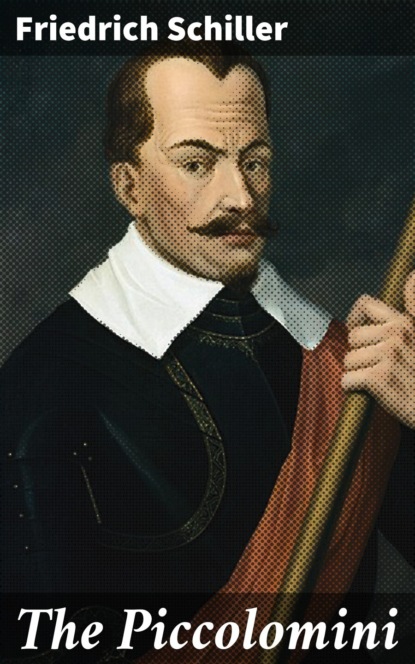Sayfa sayısı 100 sayfa
0+

Kitap hakkında
Friedrich Schiller's «The Piccolomini» is a monumental work within his dramatic oeuvre, encapsulating the intricate themes of loyalty, honor, and the moral dilemmas faced by individuals within the political machinations of 30 Years War Europe. Written in a neo-classical style, the play capitalizes on Schiller's expertise in crafting complex characters and rich dialogues, exploring the tension between personal morals and civic duty through the narrative of the Piccolomini family. Thematically layered, it delves into the nuances of familial loyalty against the backdrop of a turbulent historical period, ultimately revealing the intricacies of human motivation and the conflict between individual desires and collective responsibilities. Friedrich Schiller, a pivotal figure in German literature and philosophy, was influenced by his own tumultuous experiences with authority and societal norms. His training as a physician and his fervent interest in the Sturm und Drang movement informed his perspective on freedom and the human condition. Schiller's commitment to exploring moral complexities in his works mirrors his own struggles for artistic independence within the constraints of his time, contributing to the depth and resonance found in «The Piccolomini.» «The Piccolomini» is highly recommended for readers interested in the confluence of history and moral philosophy. Schiller's nuanced portrayal of conflict and the human spirit invites both reflection and engagement, making it a vital read for anyone passionate about dramatic literature, ethics, and the historical context of 17th-century Europe.
